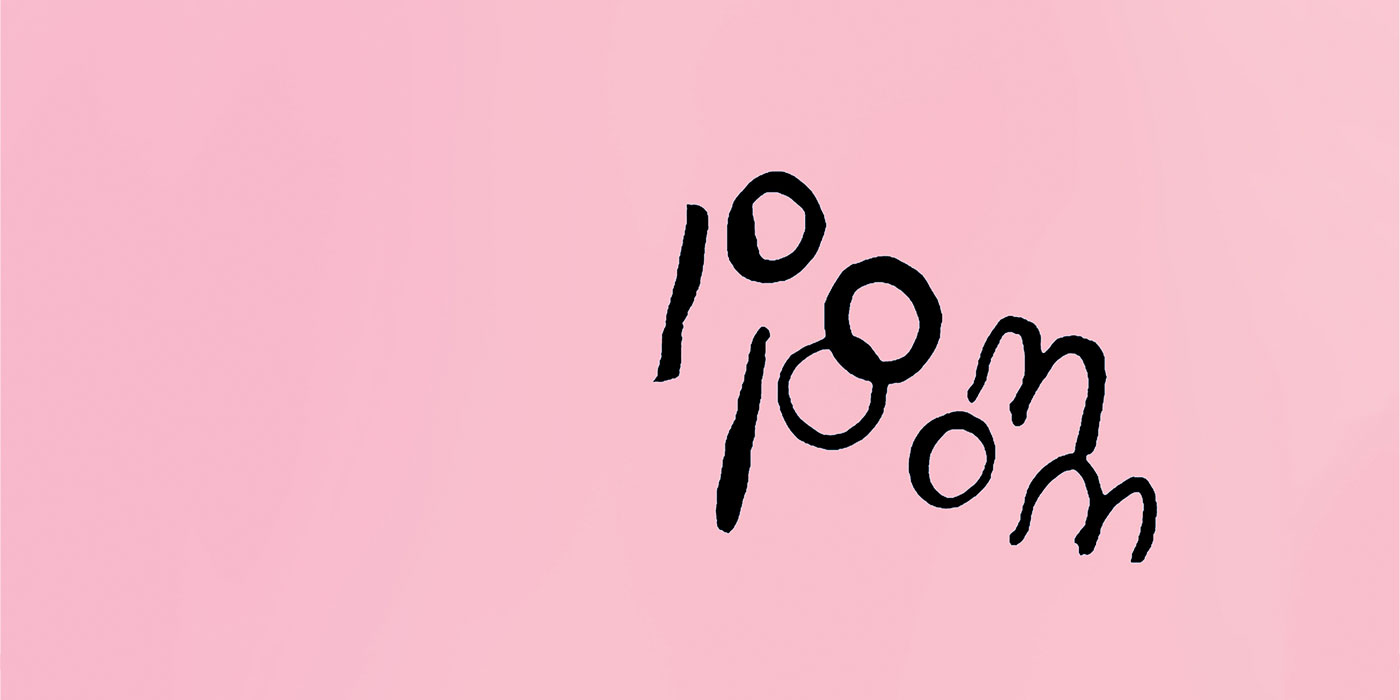“Uh, I like your areolas, baby.”
Ariel Pink utters more shocking lines than this one on his latest album (and his first released under his name alone, without mentioning his band The Haunted Graffiti), but none of the others seem to epitomize him quite as well. After all, for a man who prides himself on eschewing anything personal in his work, you need only read an interview or two to start drawing comparisons between Pink and “Billy,” the young, flustered chump who delivers this nipple-praising line in “Black Ballerina.” Both seem full of good intentions. And both seem completely unable to use their good intentions to get ahead.
Not that Pink isn’t necessarily “ahead.” In fact, he’s been heralded as the “next big thing” for a decade now, and Kurt Vile gives him props for refreshing the lo-fi movement. He’s also in a celebrity feud with Madonna, a sure sign of success (or at least attention). But on the flip side of his indie recording cred comes his giant asshole cred. Known for poor live shows (especially in his younger years) and trolly interview soundbites, Pink seems to piss off someone every time he opens his mouth. Except, of course, when it’s in the studio, where his free-association wordplay and dedication to self-caricature really shine.
And there’s no question that Pink shines on this latest album, Pom Pom. Showing the same commitment to rehabbing retro pop trends as his last LP, 2012’s Mature Themes, Pom Pom seems to travel backwards in time over the course of its 69-minute running time, giving nods to dusky ’80s influences (in “Lipstick”) as well as bizarro Beach Boys surf music (“Picture Me Gone”). And it’s not just the styles that Pink mixes on the album; it’s also the emotions. Covering everything from the silly (see “Nude Beach a Go-Go,” co-written with Azealia Banks) to un-ironic sentiment (“Put Your Number in My Phone”), Pink never sticks to a style or a mood for quite long enough to make you believe he’s serious about it. Yet, his indie pop acumen is so sharp that this album still may be his most cohesive yet.
Ultimately, if you liked Mature Themes, you’ll like Pom Pom as well; it’s more polished and less in-your-face weird, but if you dig into almost any song you’ll find the same amount of strange, either lyrically or in the details (such as the brilliant ticking, spinning, ringing intro to dark thrummer “Not Enough Violence”). And if you’ve never listened to Pink before, this is the perfect starter album. It’s catchy enough that you’ll find yourself singing along after a few listens, but still unsettling enough to make you wonder if you really should.
Which brings us back to the areolas. With an album as deft as this one, and as odd, it may be tempting to compare Pink’s work to Ween or Frank Zappa, whose talent for music was clearly matched by their talent for novelty. However, Pink’s weirdness runs deeper; it’s more inherent. While you get the feeling that Zappa could have washed underneath his fingernails and cleaned up in a nice suit, it seems that Pink would still look dirty in tails. Despite his best efforts, in fact, he’ll probably always sound like Billy in the strip club—desperate to know the right thing to say in an environment that’s becoming more and more familiar, but forever unable to find it. Luckily, that makes great pop.[spacer height=”15px”]



